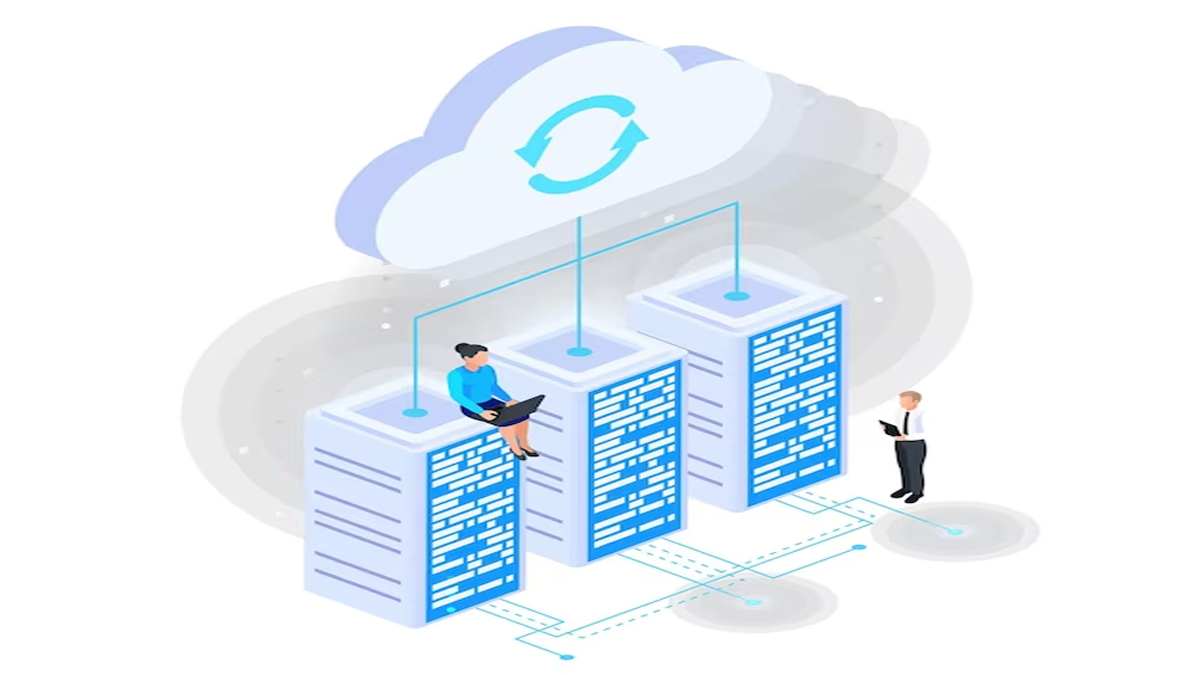Here are some key legal considerations:
- Data Protection and Privacy:
Organizations must ensure that personal data stored in the cloud complies with data protection and privacy laws, such as the General Data Protection Regulation (GDPR) in the European Union. They need to assess how data is handled, stored, and transferred, and obtain consent when required. Data processors and controllers must also have appropriate data protection agreements in place with cloud service providers. - Data Sovereignty:
Organizations need to consider where their data will be physically stored and the legal implications associated with data sovereignty. Certain laws or regulations may require data to remain within specific jurisdictions, imposing restrictions on cross-border data transfers. It is crucial to understand the cloud service provider’s data storage locations and ensure they align with legal requirements. - Security and Breach Notification:
Cloud service providers should implement robust security measures to protect data from unauthorized access, breaches, and loss. Organizations must ensure that their cloud service providers have adequate security controls in place and define responsibilities in case of a data breach. Compliance with breach notification requirements is crucial to promptly inform affected parties and authorities about any data breaches. - Intellectual Property (IP) Rights:
Organizations should carefully consider the ownership and protection of intellectual property rights concerning data stored in the cloud. Contracts with cloud service providers should address the ownership of data, rights to use, modify, and transfer data, and provisions for protecting proprietary information. - Contractual Agreements:
Organizations must enter into well-defined contracts with cloud service providers. These agreements should address legal responsibilities, liabilities, indemnification, service-level agreements, termination rights, and dispute resolution mechanisms. It is essential to review and negotiate contracts to ensure they align with legal requirements and adequately protect the organization’s interests. - Compliance with Industry-Specific Regulations:
Depending on the industry, organizations may be subject to specific regulations, such as healthcare (HIPAA) or financial (PCI DSS) regulations. They must assess whether cloud service providers meet these regulatory requirements and implement necessary controls to ensure compliance. - E-Discovery and Legal Hold:
Organizations involved in legal proceedings need to consider e-discovery requirements. They must have mechanisms in place to identify, preserve, and produce relevant electronic data stored in the cloud, ensuring compliance with legal hold obligations. - Service Level Agreements (SLAs):
Organizations should carefully review SLAs with cloud service providers to understand the level of service, uptime guarantees, data backup and recovery procedures, data retention policies, and disaster recovery plans. These SLAs should align with legal and regulatory requirements and establish accountability for data protection and availability.
It is essential for organizations to consult legal professionals who specialize in data protection and cloud computing to ensure compliance with relevant laws and regulations based on their specific jurisdiction and industry.
